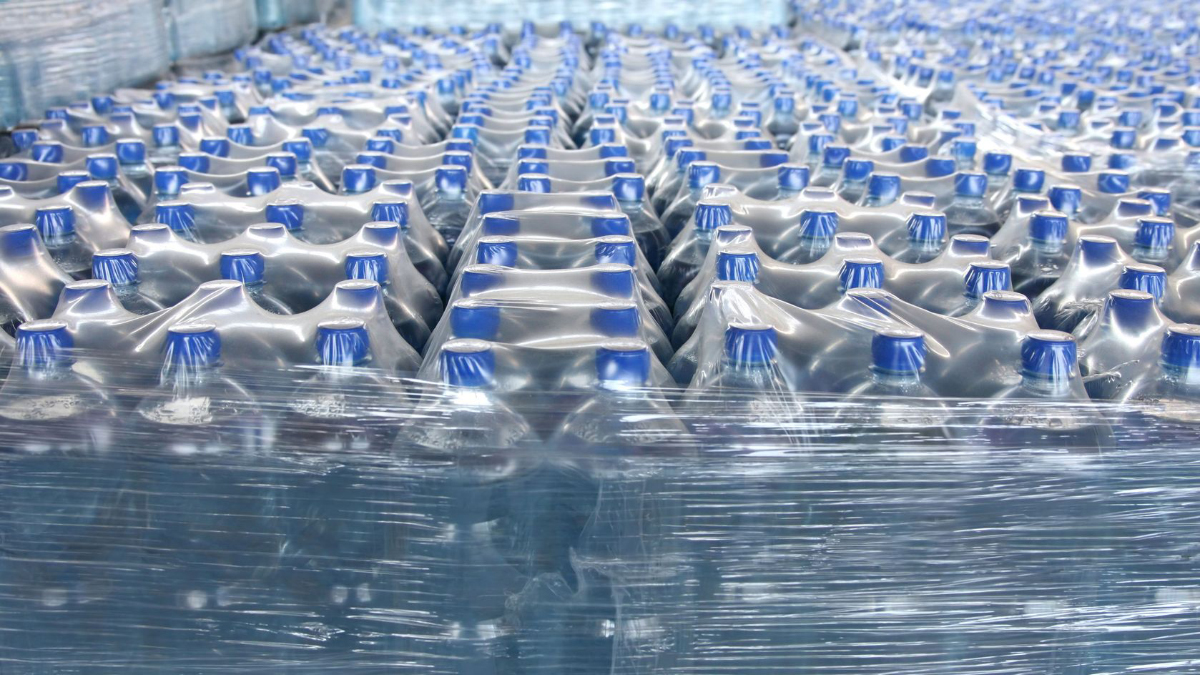Florida governor Rick Scott has declared a state of emergency in anticipation of Hurricane Irma. Attorney General Pam Bondi has activated Florida’s price gouging hotline. Florida consumers are to call and report instances of “gouging,” or extreme price increases on goods like food, water, ice, gasoline, lumber, hotels, and other items. Violators of Florida laws against price gouging may be subject to penalties of $1,000 per violation.
While this may sound like a good idea, these anti-price gouging laws will harm the very people they are intended to protect—Florida consumers. By not allowing sellers of essential goods to markedly increase their prices, the Attorney General will likely prevent thousands of people from obtaining the resources they would need following a hurricane and ultimately slow down recovery.
It may sound counter-intuitive, but it’s simple economics.
When a disaster like a hurricane hits an area, one would expect the demand for many items to rise. This increased demand causes the prices of these goods to go up as well. These price changes serve two very important functions in the economic system.
First, these prices send signals to actors in the market. If the price of lumber rises producers and consumers will see that lumber is more valuable.
Second, prices offer strong incentives. If the price of lumber rises, consumers will economize and purchase only what they really need. If the lumber isn’t really a necessity, a consumer may choose to forego his purchase all together, freeing up these resources to someone who is willing to pay the higher price. On the producer side, the higher price provides sellers the incentive to make and sell more of a particular good. The fact that they can sell a good for a higher price means they will make more money if they can bring additional units onto the market. This increases the supply of goods which helps to drive prices back down.
Anti price gouging laws disrupt these important mechanisms and lead to adverse consequences.
Consider a simple example.
Let’s say you sell generators in Georgia. After a hurricane hits further south, you notice that the price of generators in Florida is double what you can make at home. What might you do? It’s reasonable that some suppliers will load up cars and trucks with generators and take them to Florida, offering Floridians the chance to buy the much sought-after product. Those consumers who really value the generators offer to pay the higher price, while those who do not refrain from buying them. Further, as more sellers come to the market with generators, they will have to compete with other suppliers, thus lowering the price of generators.
When anti-price gouging laws are in effect, however, buyers and sellers don’t receive the important message that prices send. As a result, supply does not rise to meet demand. When this happens, several things occur.
First, consumers know that supplies will be limited, so they rush to get what they can before it’s gone. This often results in long lines and waiting—time that could’ve been used to prepare or recover from a disaster.
Second, those at the head of the line will likely buy more than they need, fearing future shortages. Those stuck in the back lose out on these resources, while they sit unused in someone else’s house.
Third, illegal markets appear. People in the front of line may sell products to people in the back at a huge markup. Consumers will still pay higher prices, but producers won’t increase supply.
This scenario has played out time and again. Take the recent effects of Hurricane Harvey in Texas. Like Florida, Texas laws prohibit price gouging. The recent hurricane has seen subsequent food shortages and even people fighting over limited supplies of gasoline. Many of these shortages, fights, and other possibly unsavory transactions could have been avoided were the price system allowed to do its job.
When it comes to natural disasters, people are quick to want to help those affected. This is certainly admirable. It is important, however, to make sure that policies are actually beneficial. Keeping prices low is pointless if there’s nothing left to buy. In the case of anti-price gouging laws, these mandates are not just ineffective, they are counterproductive. They harm the very people they are intended to help.









